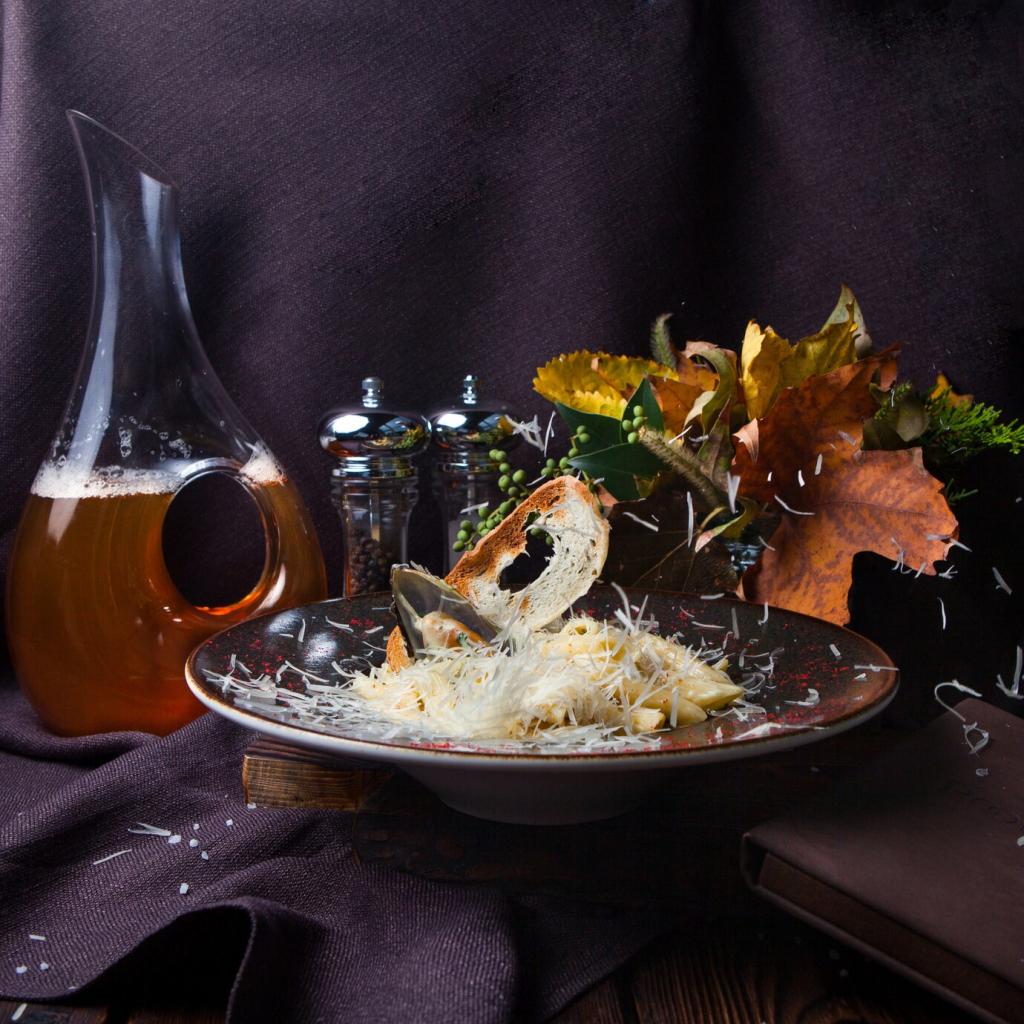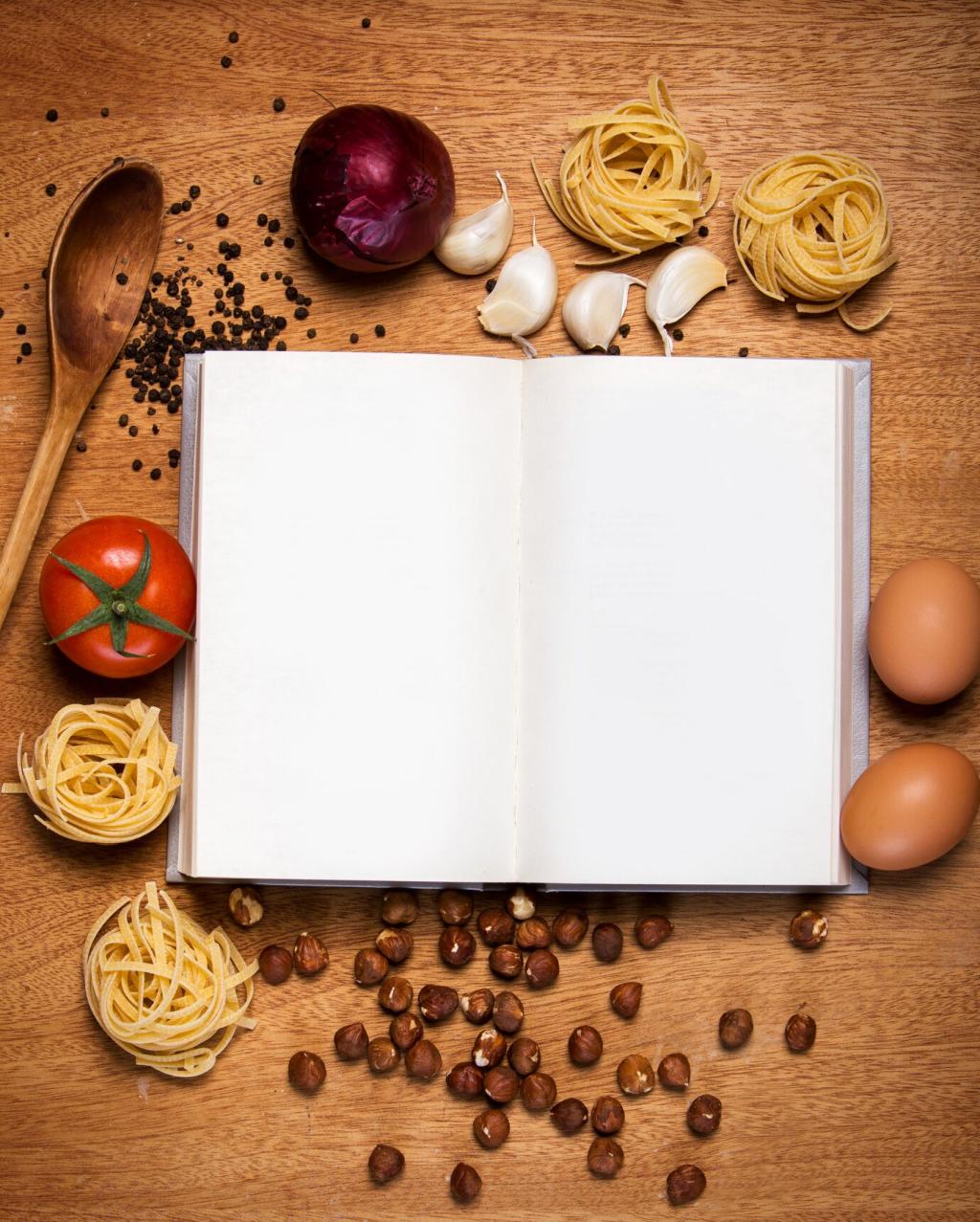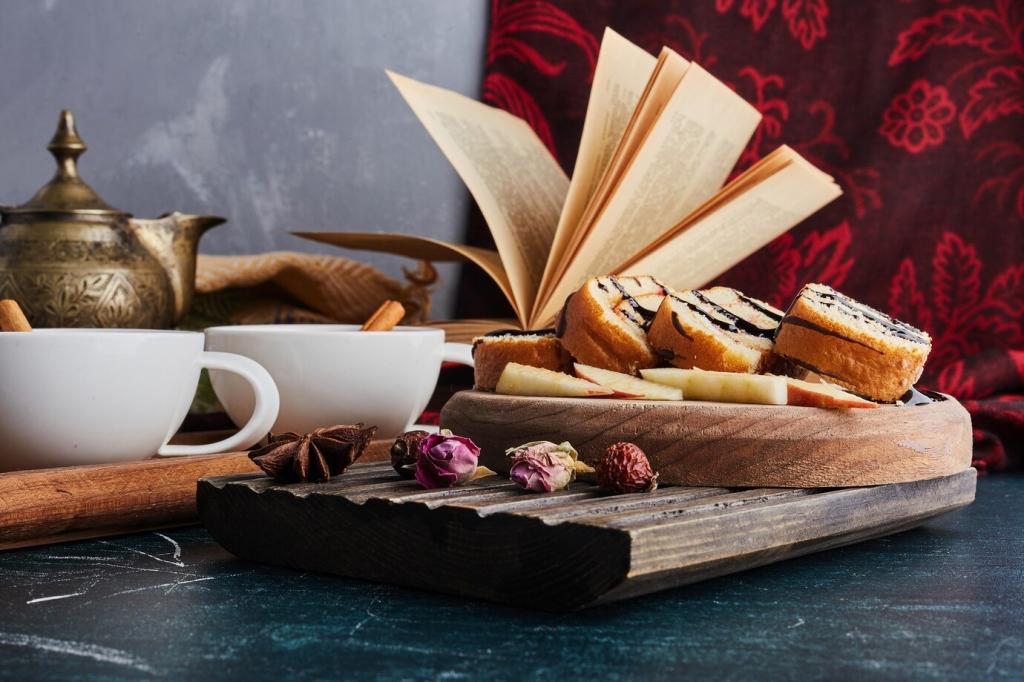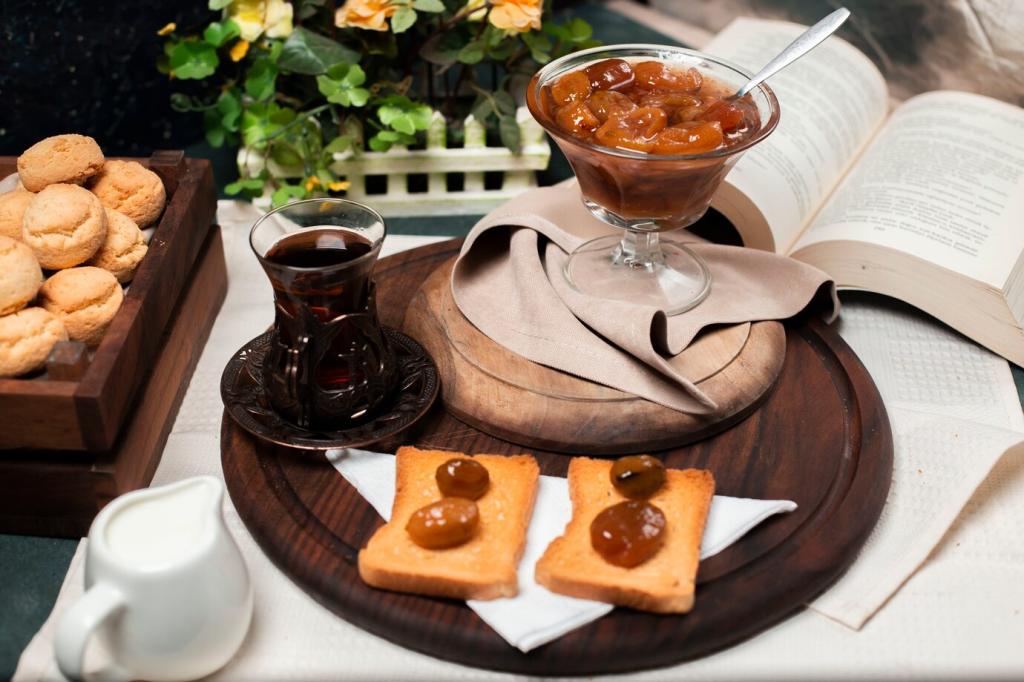Mapping the World by Meals in Fiction
In Things Fall Apart, yam festivals, kola nuts, and palm wine shape obligations and pride. Food situates power, generosity, and belonging in Igbo life. Literature here tastes earthy and ceremonial, revealing how cuisine can hold the geometry of kinship and the weather of a whole season.
Mapping the World by Meals in Fiction
Ragù murmurs all day in the Neapolitan Novels, a sauce as patient as the friendships it nourishes. Meat scraps, tomatoes, and time teach thrift and tenderness. The city’s flavor isn’t fancy; it’s faithful. Share your slow-cooked reads in the comments—what book taught you to wait well?





